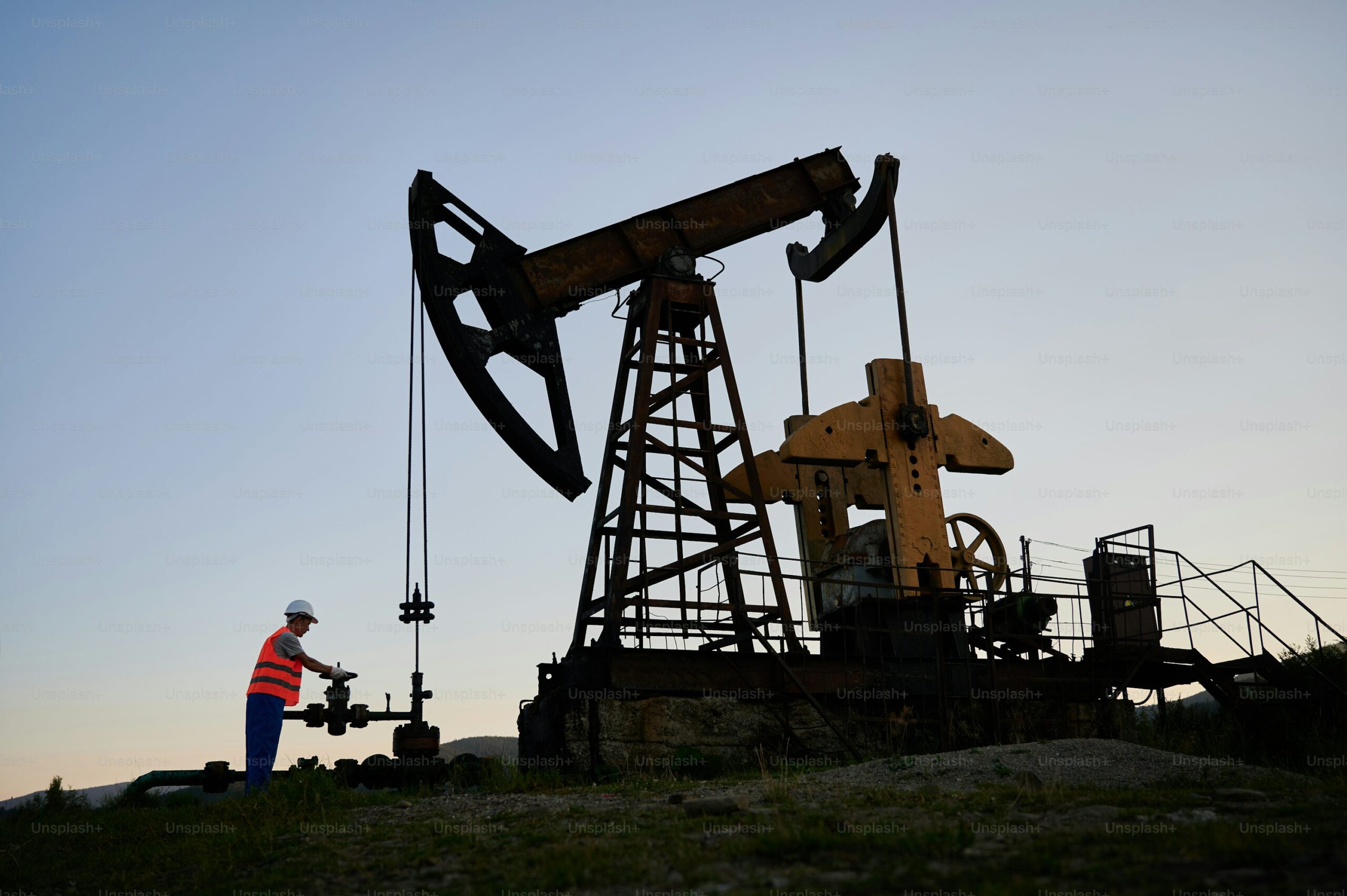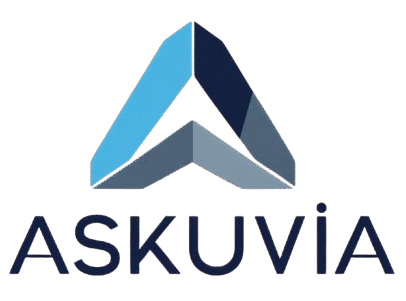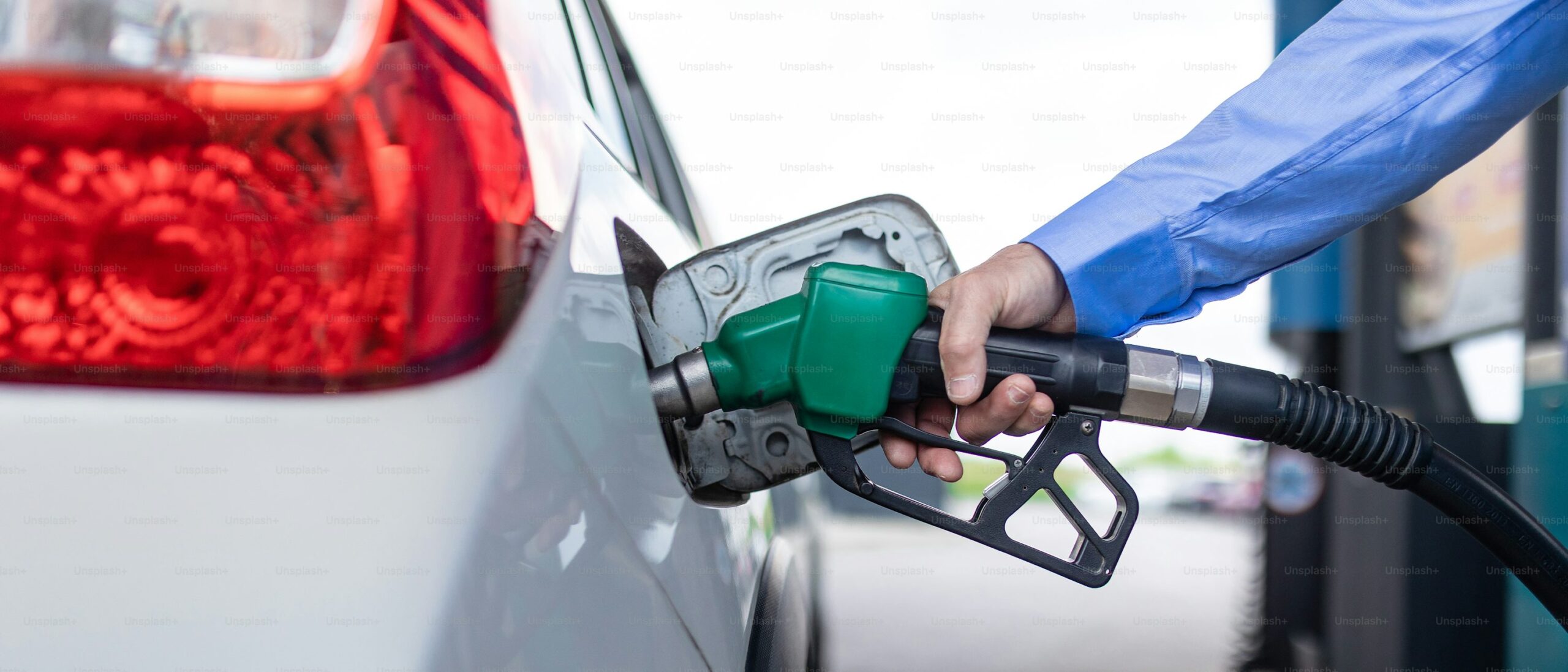Jobs on petrol platform refer to professional roles available on offshore oil rigs and production platforms where petroleum is extracted and processed. These platforms operate in deep seas and coastal regions and host diverse crews that include drill floor workers, engineers, health and safety experts, and support staff. Global energy companies, drilling contractors, and specialized recruiters offer consistent employment opportunities across the Gulf of Mexico, North Sea, West Africa, Middle East, Asia Pacific, and South America.

What is a Petrol Platform?
A petrol platform is a large offshore structure built to extract crude oil and gas from beneath the seabed. Platforms function as floating or fixed installations equipped with drilling rigs, production plants, power generators, storage facilities, and accommodation quarters. Most platforms operate 24/7 and require teams of skilled professionals working in rotating shifts.
Types of Petrol Platforms
Fixed Platforms
-
Built on steel or concrete legs anchored to the seabed.
-
Common in shallow waters up to 500 meters deep.
Semi-Submersible Platforms
-
Float on large pontoons filled with water for stability.
-
Suitable for deep waters and rough seas.
Drillships
-
Mobile vessels fitted with drilling rigs.
-
Used for exploratory drilling in ultra-deep waters.
Floating Production Storage and Offloading Units (FPSOs)
-
Process and store crude oil.
-
Capable of offloading petroleum to tankers.
Main Categories of Jobs on Petrol Platform
Jobs on petrol platforms are divided into operational, technical, safety, and support functions. Each category is essential for safe and efficient petroleum extraction.
Operational Crew
-
Roustabouts
-
Roughnecks
-
Derrickmen
-
Drillers
-
Toolpushers
-
Rig Managers
Technical Staff
-
Mechanics
-
Electricians
-
Welders
-
Subsea Engineers
-
Instrumentation Technicians
-
Production Operators
Safety and Health Staff
-
HSE Officers
-
Medics
-
Environmental Engineers
-
Emergency Response Coordinators
Support Staff
-
Chefs
-
Catering Assistants
-
Housekeepers
-
Logistics Coordinators
-
Radio Operators
Detailed Breakdown of Roles
Roustabout
Roustabouts are entry-level workers responsible for cleaning decks, moving cargo, and assisting drill floor teams.
Roughneck
Roughnecks handle drill pipes, operate tongs, and perform physically demanding tasks on the rig floor.
Derrickman
Derrickmen monitor drilling fluids, manage mud systems, and work at height in the derrick.
Driller
Drillers control drilling machinery, maintain well pressure, and supervise roughnecks.
Toolpusher
Toolpushers manage the drilling crew, coordinate operations, and report to the rig manager.
Mechanics and Electricians
Mechanics maintain heavy engines and pumps. Electricians handle power generation, lighting, and electrical safety systems.
Subsea Engineers
Subsea engineers oversee underwater pipelines, risers, and blowout preventers.
HSE Officers
HSE professionals enforce safety standards, conduct inspections, and ensure compliance with international offshore safety codes.
Medics
Platform medics provide emergency care, manage first-aid stations, and coordinate evacuations.
Chefs and Catering Teams
Chefs prepare meals for large offshore crews. Catering assistants manage food hygiene, cleaning, and stock control.
Skills Required for Petrol Platform Jobs
-
Mechanical and electrical aptitude.
-
Physical stamina and endurance.
-
Strong teamwork and communication.
-
Problem-solving under pressure.
-
Knowledge of safety regulations.
-
Adaptability in multicultural environments.
Certifications and Training for Offshore Work
-
BOSIET – Basic Offshore Safety Induction and Emergency Training.
-
HUET – Helicopter Underwater Escape Training.
-
STCW – International maritime safety standard.
-
Medical Fitness Certificate – Ensures workers can handle offshore conditions.
-
Trade Qualifications – Required for welders, mechanics, and electricians.
Working Conditions Offshore
Workers typically follow 12-hour shifts in two-week or three-week rotations. Living quarters are shared, with recreational facilities such as gyms and internet access. Weather conditions can be extreme, and safety protocols are strict.
Salaries on Petrol Platforms
| Job Role | Average Annual Salary (USD) | Notes |
|---|---|---|
| Roustabout | $40,000 – $55,000 | Entry-level position |
| Roughneck | $55,000 – $70,000 | Rig floor work |
| Derrickman | $70,000 – $85,000 | Supervisory role |
| Driller | $90,000 – $110,000 | Controls drilling |
| Toolpusher | $110,000 – $130,000 | Crew leader |
| Subsea Engineer | $120,000 – $160,000 | Specialist |
| HSE Officer | $80,000 – $100,000 | Safety compliance |
| Platform Medic | $70,000 – $95,000 | Medical support |
| Chef | $60,000 – $75,000 | Catering head |
Career Progression Path
-
Roustabout → Roughneck
-
Roughneck → Derrickman
-
Derrickman → Assistant Driller
-
Assistant Driller → Driller
-
Driller → Toolpusher
-
Toolpusher → Rig Manager
Technical roles can progress to supervisor, senior engineer, and offshore installation manager.
Top Regions Offering Petrol Platform Jobs
-
North Sea (UK & Norway) – Mature industry with strong safety culture.
-
Gulf of Mexico (USA & Mexico) – Large concentration of rigs.
-
Middle East (Qatar, Saudi Arabia, UAE) – Expanding offshore operations.
-
West Africa (Nigeria, Angola) – Deepwater projects.
-
Asia-Pacific (Australia, Malaysia, Indonesia) – LNG and oil platforms.
-
Brazil – Ultra-deepwater pre-salt developments.
Challenges of Offshore Jobs
-
Long periods away from family.
-
Harsh environmental conditions.
-
Risk of accidents and fires.
-
Psychological stress from isolation.
-
Strict drug and alcohol regulations.
Advantages of Offshore Careers
-
High salaries with rotational leave.
-
Free accommodation and meals.
-
Career growth opportunities.
-
International mobility across energy hubs.
-
Technical skills transferable to renewable industries.
Future of Jobs on Petrol Platforms
Automation, robotics, and digital monitoring are changing offshore work. Remote control systems reduce physical risks. Renewable offshore energy projects such as wind farms also create jobs requiring similar skill sets. However, demand for petroleum ensures offshore employment will continue for decades.
Major Employers in the Offshore Sector
-
Transocean
-
Seadrill
-
Valaris
-
Shell
-
BP
-
Equinor
-
ExxonMobil
-
Chevron
-
TotalEnergies
Leading Recruitment Agencies for Offshore Jobs
-
Airswift
-
Brunel
-
NES Fircroft
-
Orion Group
-
Prime Ocean
How to Apply for Jobs on Petrol Platforms
-
Visit company career portals.
-
Register on specialist job boards such as Rigzone.
-
Apply through recruitment agencies.
-
Prepare CVs highlighting trade certifications and safety training.
-
Pass mandatory medical examinations.
-
Complete offshore survival training before deployment.
FAQs on Jobs on Petrol Platform
Q1: What are the entry-level jobs on petrol platforms?
Entry-level roles include roustabout, catering assistant, and steward positions.
Q2: Do I need prior offshore experience to get hired?
No, many companies recruit greenhands for training, especially in support roles.
Q3: What certifications are mandatory for offshore work?
BOSIET, HUET, and a valid offshore medical certificate are compulsory.
Q4: How long are typical offshore shifts?
Workers follow 12-hour shifts in 14/14 or 21/21 rotation schedules.
Q5: How much can a driller earn annually?
Drillers earn between USD 90,000 and 110,000 depending on location and employer.
Q6: What are the risks of working offshore?
Risks include accidents, fires, storms, and mental stress from isolation.
Q7: Which regions offer the highest offshore salaries?
The Gulf of Mexico, North Sea, and Australia typically pay the highest wages.
Q8: Can offshore work lead to management positions?
Yes, workers can progress from roustabout to rig manager or offshore installation manager.
Q9: Are women employed on petrol platforms?
Yes, women are employed as engineers, medics, HSE officers, and catering staff.
Q10: What is the future of petrol platform jobs?
Automation and renewables will shape the sector, but petroleum jobs remain crucial globally.
Learn More: What Does Chalk on Tires Do?
Search Google or Type a URL: Complete Expert Guide
Conclusion
Jobs on petrol platforms cover drilling, technical, safety, and hospitality functions. Workers are employed worldwide, from the Gulf of Mexico to the North Sea and Asia-Pacific. Salaries are high, and career progression is structured. Entry is possible through training, medical clearance, and agency recruitment. Despite challenges of isolation and hazards, offshore careers remain essential to global energy production and continue to evolve with new technologies.

